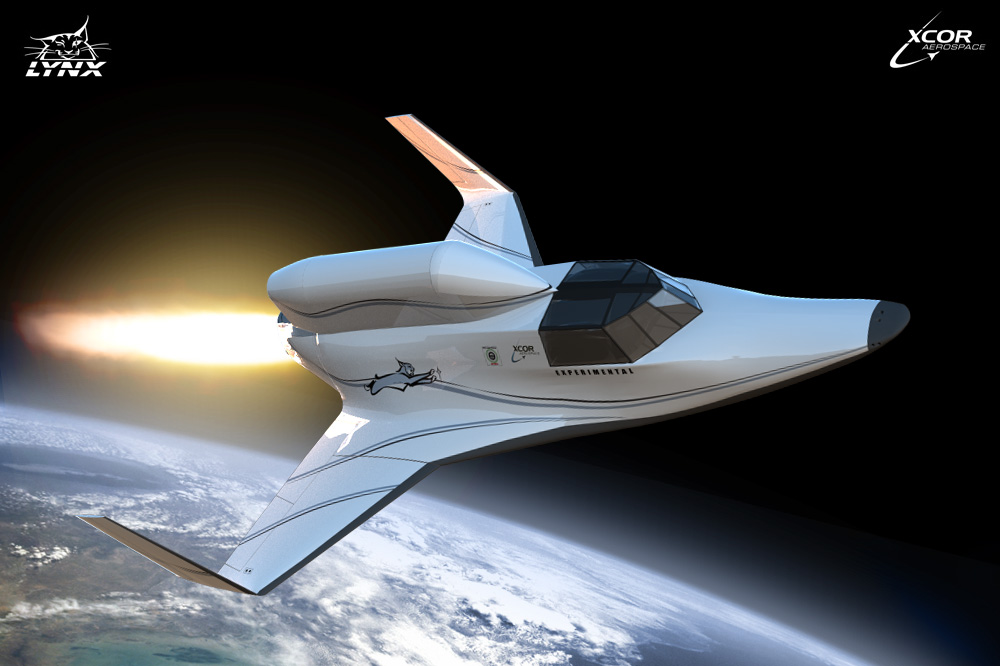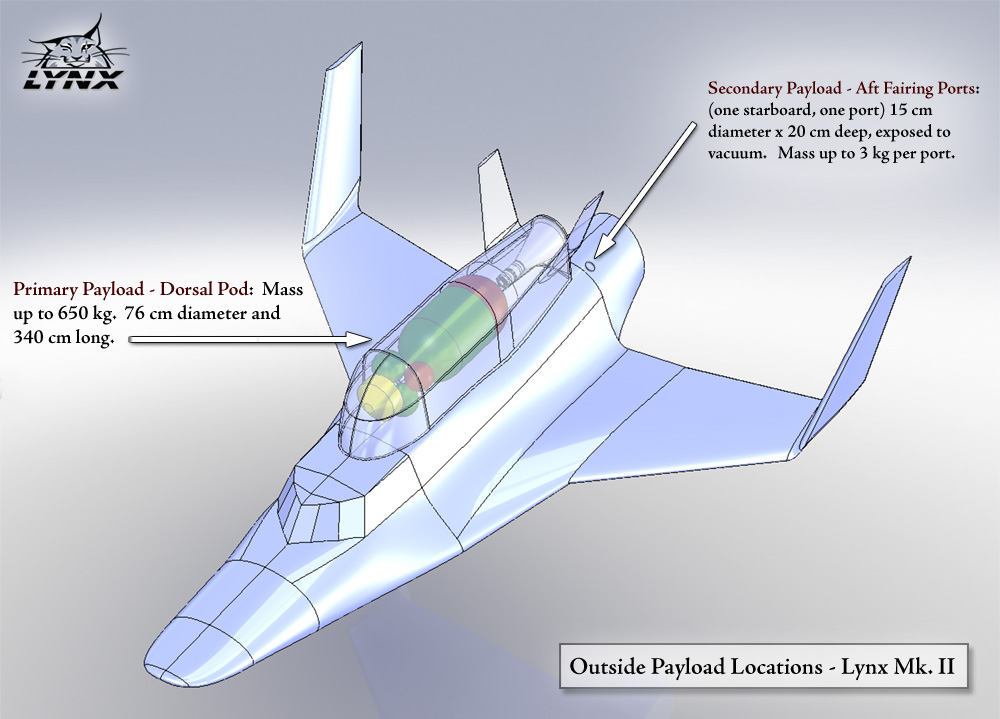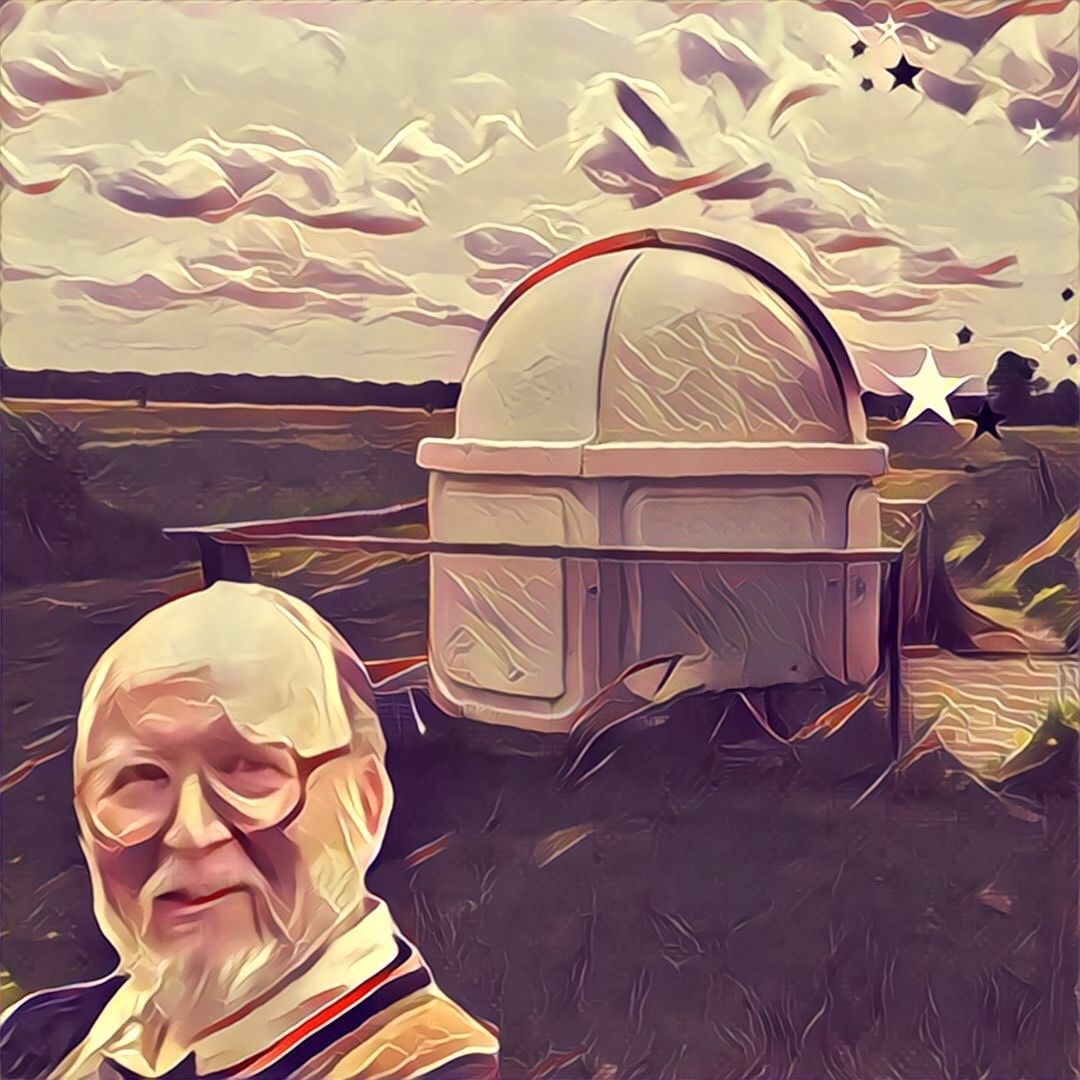Scientists Buy 6 Tickets to Fly on Private 2-Seater Spaceship

The California-based spaceflight company XCOR Aerospace has inked a deal to take scientists and their experiments on six flights to suborbital space on a two-seat space plane.
The Southwest Research Institute (SwRI), a non-profit research organization, has purchased six trips aboard XCOR Aerospace's Lynx vehicle, XCOR officials announced Thursday (Feb. 24). The Institute announced today (Feb. 28) that it also signed a deal with rival private spaceship company Virgin Galactic for rides aboard that firm's SpaceShipTwo space plane.
These contracts mark a first for the resusable suborbital launch vehicle industry, officials said.
"When someone issues a commercial contract with their own money, it really means something," XCOR chief operating officer Andrew Nelson said in a statement. "XCOR feels SwRI signing their first contract with us demonstrates the superiority of the Lynx platform over others in the field." [21st Century's Greatest Space Innovators]
Suborbital research trips
The XCOR Aerospace Lynx space plane is a two-person spacecraft designed to take off and land on an airport runway.
Each Lynx flight will carry a SwRI scientist, XCOR officials said. The researchers will perform a variety of biomedical and astronomy experiments onboard, taking advantage of suborbital space's lower gravityand clearer views of the cosmos to perform projects they couldn't pull off on terra firma.
Get the Space.com Newsletter
Breaking space news, the latest updates on rocket launches, skywatching events and more!
"These are exciting times for the suborbital research field," said SwRI scientist Alan Stern, one of the researchers who will be going up in the Lynx. "XCOR and SwRI are blazing a pioneering trail with this engagement and setting the stage for others to follow with their experiments." [Q & A With Alan Stern]
SwRI bought six flights on the Lynx but retains an option to purchase three more, XCOR officials said.
"SwRI is a recognized leader in the field," said Jeff Greason, CEO of XCOR. "They are one of the best research firms in the world for space science and engineering, and their researchers have a phenomenal ability to explore innovative concepts. I look forward to the pioneering work this partnership will achieve."

Flights with a quick turnaround
Research trips on the rocket-powered Lynx have the potential to be quick and highly repeatable. Experiments could go from the runway to suborbital space and back again within 30 minutes, XCOR officials said. And XCOR will be able to fly the vehicle up to four times per day.
The Lynx can carry experiments within its pressurized cabin or externally, exposed to the thin air of the upper atmosphere. It can haul a total payload mass of 1,430 pounds (650 kilograms) or so, and Lynx flights cost about 90 percent less than traditional rocket operations, XCOR officials said.
XCOR and SwRI did not announce when the research flights would begin. The Lynx is still under development, and Greason has said that the vehicle's first test flights could take place sometime this year.
Follow SPACE.com for the latest in space science and exploration news on Twitter @Spacedotcom and on Facebook.
Join our Space Forums to keep talking space on the latest missions, night sky and more! And if you have a news tip, correction or comment, let us know at: community@space.com.

Geoff Gaherty was Space.com's Night Sky columnist and in partnership with Starry Night software and a dedicated amateur astronomer who sought to share the wonders of the night sky with the world. Based in Canada, Geoff studied mathematics and physics at McGill University and earned a Ph.D. in anthropology from the University of Toronto, all while pursuing a passion for the night sky and serving as an astronomy communicator. He credited a partial solar eclipse observed in 1946 (at age 5) and his 1957 sighting of the Comet Arend-Roland as a teenager for sparking his interest in amateur astronomy. In 2008, Geoff won the Chant Medal from the Royal Astronomical Society of Canada, an award given to a Canadian amateur astronomer in recognition of their lifetime achievements. Sadly, Geoff passed away July 7, 2016 due to complications from a kidney transplant, but his legacy continues at Starry Night.









